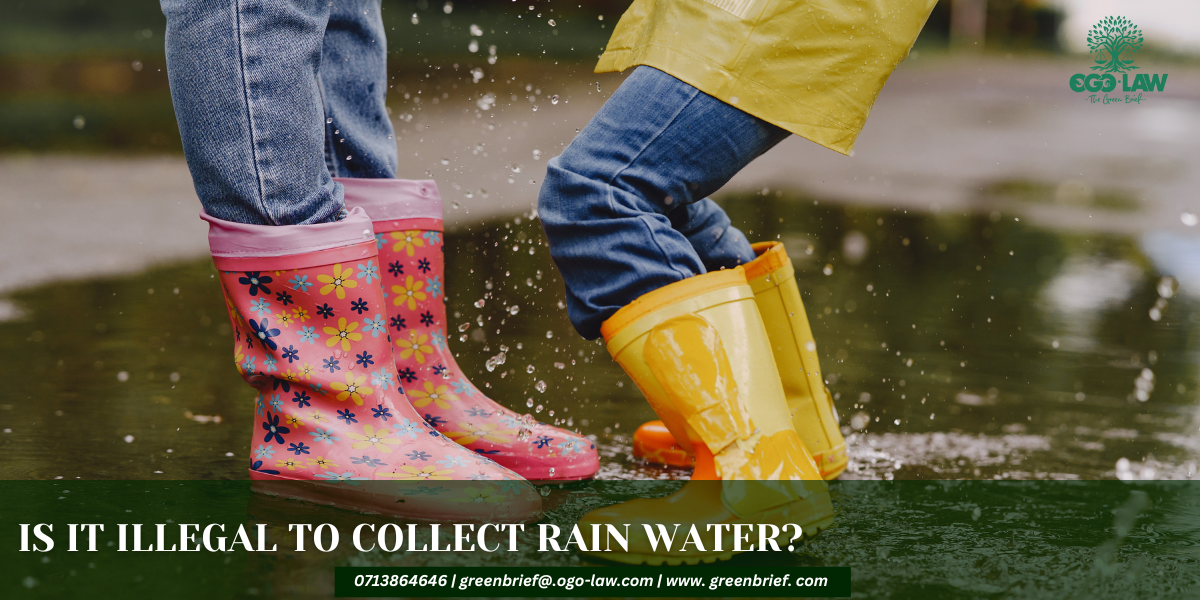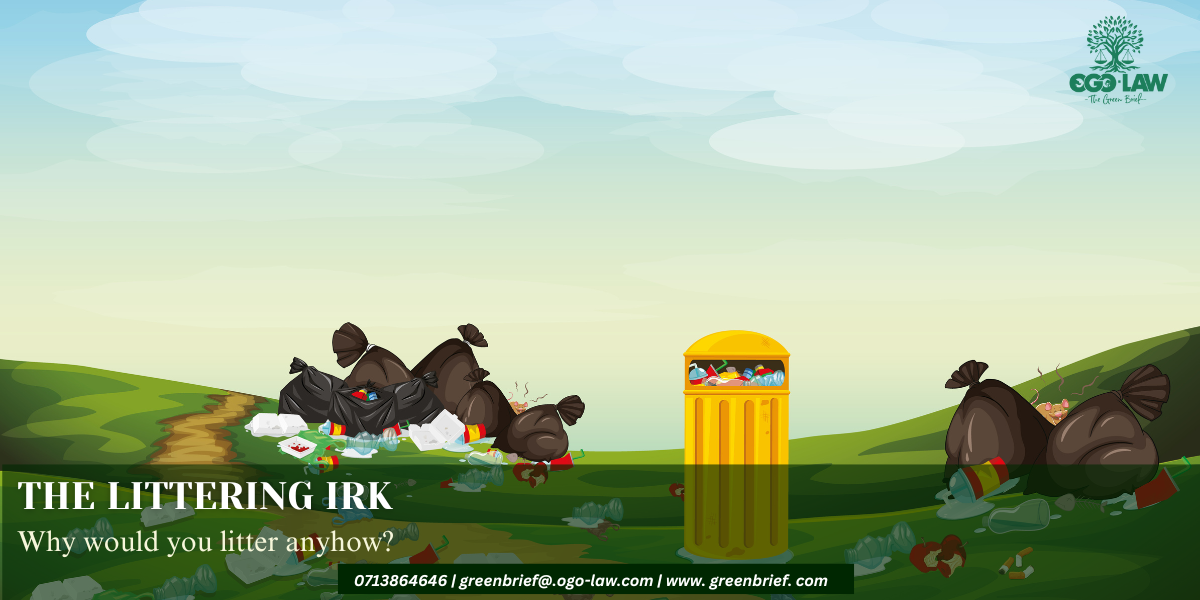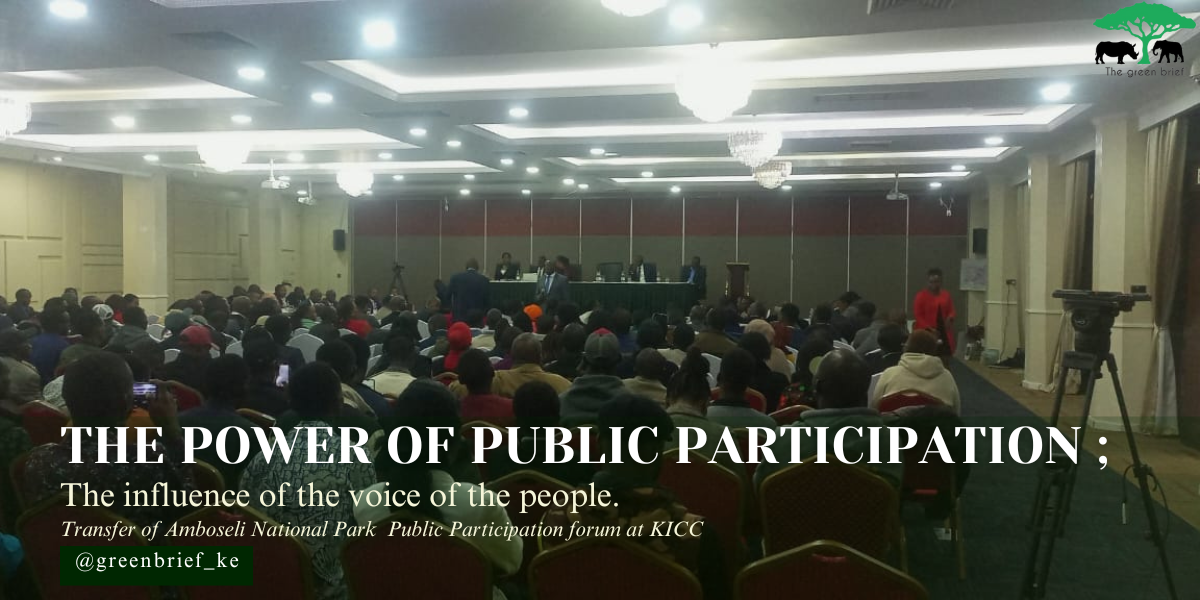Understanding the Rules and Myths around rainwater
Collecting rainwater seems like one of the most natural and sustainable things a person can do. After all, it falls freely from the sky , why shouldn’t we use it for gardening, cleaning, or even drinking after proper treatment? Surprisingly, in some places, collecting rainwater is regulated, restricted, or even illegal under certain conditions. So, what’s the truth, and why does it matter?
The Environmental and Practical Benefits of Rainwater Harvesting
Rainwater harvesting involves capturing and storing rain for later use. It is a simple yet powerful tool for water conservation, especially in areas facing water shortages. Benefits include:
- Reducing demand on municipal water supply
- Decreasing flooding and stormwater runoff
- Providing water for irrigation, cleaning, and household use
- Promoting self-sufficiency and sustainability
In many countries, rainwater harvesting is encouraged as part of environmental and climate adaptation strategies. It can help homeowners save money on water bills while reducing the pressure on rivers, dams, and groundwater resources.
Legal Considerations: Why Some Places Restrict Rainwater Collection
While it may seem counterintuitive, the legality of collecting rainwater depends on water laws and water rights frameworks. Water is often considered a public resource, and its use may be governed by national or regional regulations. Some of the reasons rainwater harvesting is restricted include:
- Water rights and allocation: In regions where water is scarce, authorities may regulate all water sources to ensure fair distribution.
- Impact on downstream users: Collecting rainwater on a large scale can reduce the flow of water to rivers, wetlands, or other communities.
- Health and safety concerns: Without proper treatment, stored rainwater can harbor bacteria or contaminants, posing risks if used for drinking.
For example, in some U.S. states, rainwater collection is regulated to protect water rights or prevent negative environmental impacts. However, many countries, including Kenya, actively encourage rainwater harvesting as a sustainable practice, provided it is done safely and according to building codes.
Rainwater Harvesting in Kenya
In Kenya, collecting rainwater is legal and promoted, especially in rural areas and regions facing water scarcity. The government has implemented policies and programs to support rainwater harvesting for domestic, agricultural, and even industrial purposes. Many schools, hospitals, and households now have rainwater tanks installed. The key is that the collection system should be safe, hygienic, and not interfere with natural water flow in ways that harm downstream users.
Practical Tips for Legal and Safe Rainwater Collection
- Check local regulations: Some municipalities may have specific rules about tank size, overflow, or connection to municipal water.
- Install a proper catchment system: Gutters, filters, and storage tanks help ensure water is clean and usable.
- Maintain hygiene: Clean tanks regularly to prevent mosquito breeding or contamination.
- Use safely: Rainwater is excellent for irrigation, cleaning, and washing, but should be treated before drinking.
Collecting rainwater is generally not illegal in most parts of the world, and it is increasingly recognized as a sustainable practice. However, it is important to understand local regulations, water rights, and safety considerations. Far from being a risky or unlawful activity, responsible rainwater harvesting supports environmental conservation, reduces pressure on municipal water systems, and can even save money. Before setting up a rainwater collection system, always confirm the legal requirements in your area to ensure your efforts are both safe and compliant.





